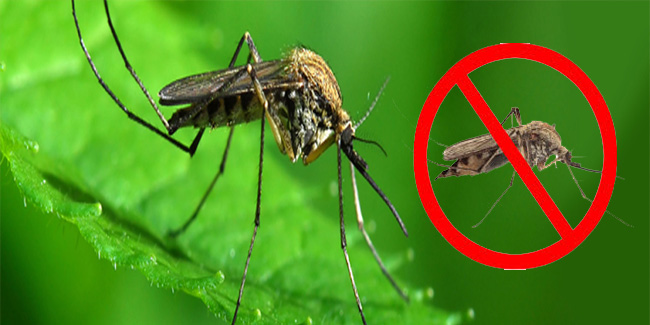
Mosquito control can be divided into two areas of responsibility: individual and public. Most often it's performed following the Integrated Mosquito Management (IMM) concept. IMM is based on ecological, economic and social criteria and integrates multidisciplinary methodologies into pest management strategies that are practical and effective to protect public health and the environment and improve the quality of life. IMM strategies are employed in concert with insecticide. These include source reduction, which incorporates physical control (digging ditches and ponds in the target marsh) and biological control [placing live mosquito fish (Gambusia) in the ditches and ponds to eat mosquito larvae]. Other non-chemical control methods include invertebrate predators, parasites and diseases to control mosquito larvae. Adult mosquito biological control by means of birds, bats, dragonflies and frogs has been employed by various agencies. However, supportive data is anecdotal and there is no documented study to show that bats, purple martins, or other predators consume enough adult mosquitoes to be effective control agents.
Mosquito involve the transmission of viruses and parasites from animal-to-animal,anima-to-person or person-to-person,Without Afflicting the insects vectors with symptoms of disease.When a mosquito bites,Also injects saliva and anti-coagulants into the blood which may also contain disease-causing viruses or other parasites. This cycle can be interrupted by killing the mosquitoes, isolating infected people from all mosquitoes while they are infectious or vaccinating the exposed population.Mosquito Spreads malaria, Dengue Fever,Dog HeartwormDog Heartworm.Sometimes mosquitoes carry germs like viruses that can be transmitted to a person while the mosquito is feeding. Preventing mosquitoes from breeding and avoiding mosquito bites are the best ways to avoid getting these diseases